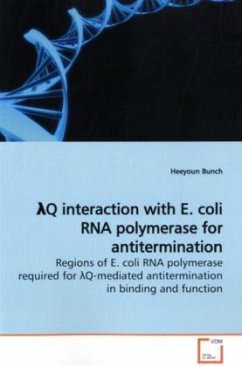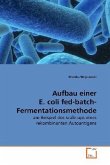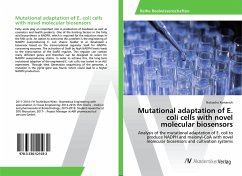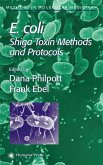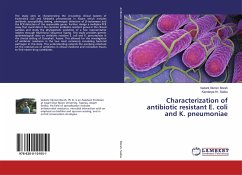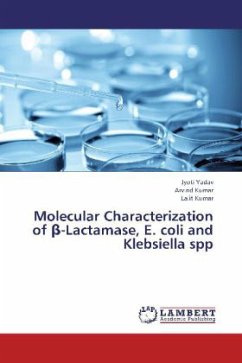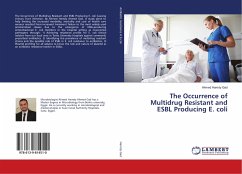Phage lQ protein is a transcriptional antiterminator that is required for late gene expression from the pR prime promoter when lambda prophage decides to follow the lytic pathway. lQ modifies Escherichia coli RNA polymerase (RNAP) at the early elongation stage. Once engaged, lQ maintains itself as a subunit of the elongation complex throughout the elongation. Studies show that lQ confers RNAP resistance to both intrinsic and rho-mediated terminators and less pausing. However, little is known about the interaction between lQ and RNAP. In this study, the largest subunits (beta and beta prime) of RNAP were examined to map the lQ binding site. A stronger binding was observed with beta than beta prime, and the binding site was narrowed to beta 501-832. This region was further defined as small as 82 amino acids (beta 600-681) that interacted with lQ. In addition, 12 mutant RNAPs were isolated for a reduced lQ antitermination within the potential lQ binding regions, specifically near the main channel. These results propose that lQ modifies the active center of RNAP for antitermination

